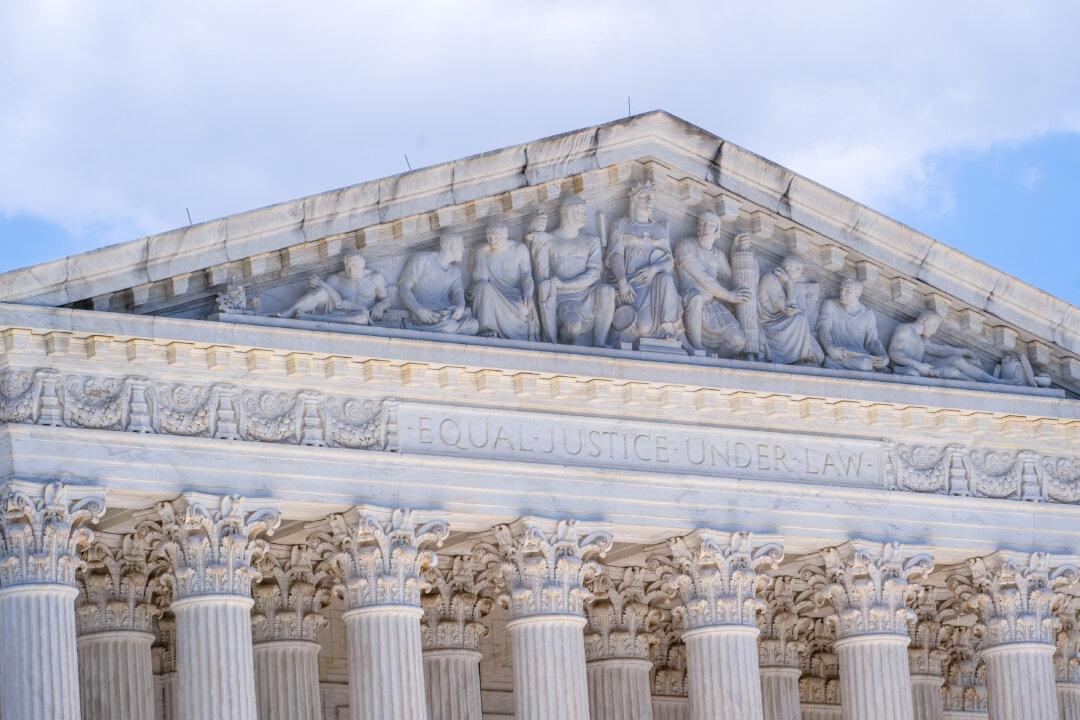The Supreme Court decided this week to consider whether a retired Florida firefighter with Parkinson’s disease can sue her former employer for discrimination in the provision of post-employment benefits.
The justices granted the petition for certiorari, or review, in Stanley v. City of Sanford, Florida, in an unsigned order on June 24. No justice dissented, and the court did not explain its decision.





